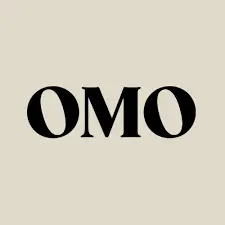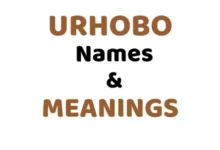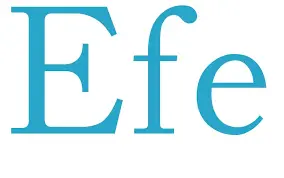What is Omo in Urhobo?

In the Urhobo language, the term “Omo” translates to “child”. This word is integral to various names and expressions within Urhobo culture, reflecting the community’s deep appreciation for children and their significance in society.

Etymology and Linguistic Connections
The word “Omo” in Urhobo shares linguistic roots with several other languages in Nigeria:
- Yoruba: “Ọmọ” also means “child”.
- Edo: “Ọmọ” carries the same meaning.
- Isoko: “Ọmọ” translates similarly.
This commonality suggests a historical and cultural interconnectedness among these ethnic groups.
Usage in Urhobo Names
In Urhobo culture, “Omo” is a prevalent prefix in many names, underscoring the value placed on offspring. Some examples include:
- Omonigho: Meaning “A child is greater than wealth,” this name emphasizes the priceless worth of a child over material riches.
- Omoefe: Translating to “Child is wealth,” it signifies the belief that children bring true prosperity.
- Oghenome: Meaning “My God,” with “Omo” as a short form, reflecting the divine blessing a child represents.
Cultural Significance
The frequent use of “Omo” in names and expressions highlights the central role children play in Urhobo society. They are seen as blessings and bearers of the family’s legacy, embodying hope and continuity.
Understanding the term “Omo” offers insight into the linguistic ties and cultural values shared among various Nigerian communities, particularly the emphasis on family and progeny.


